Environmental history
Aeon Essays and Videos on Environmental history
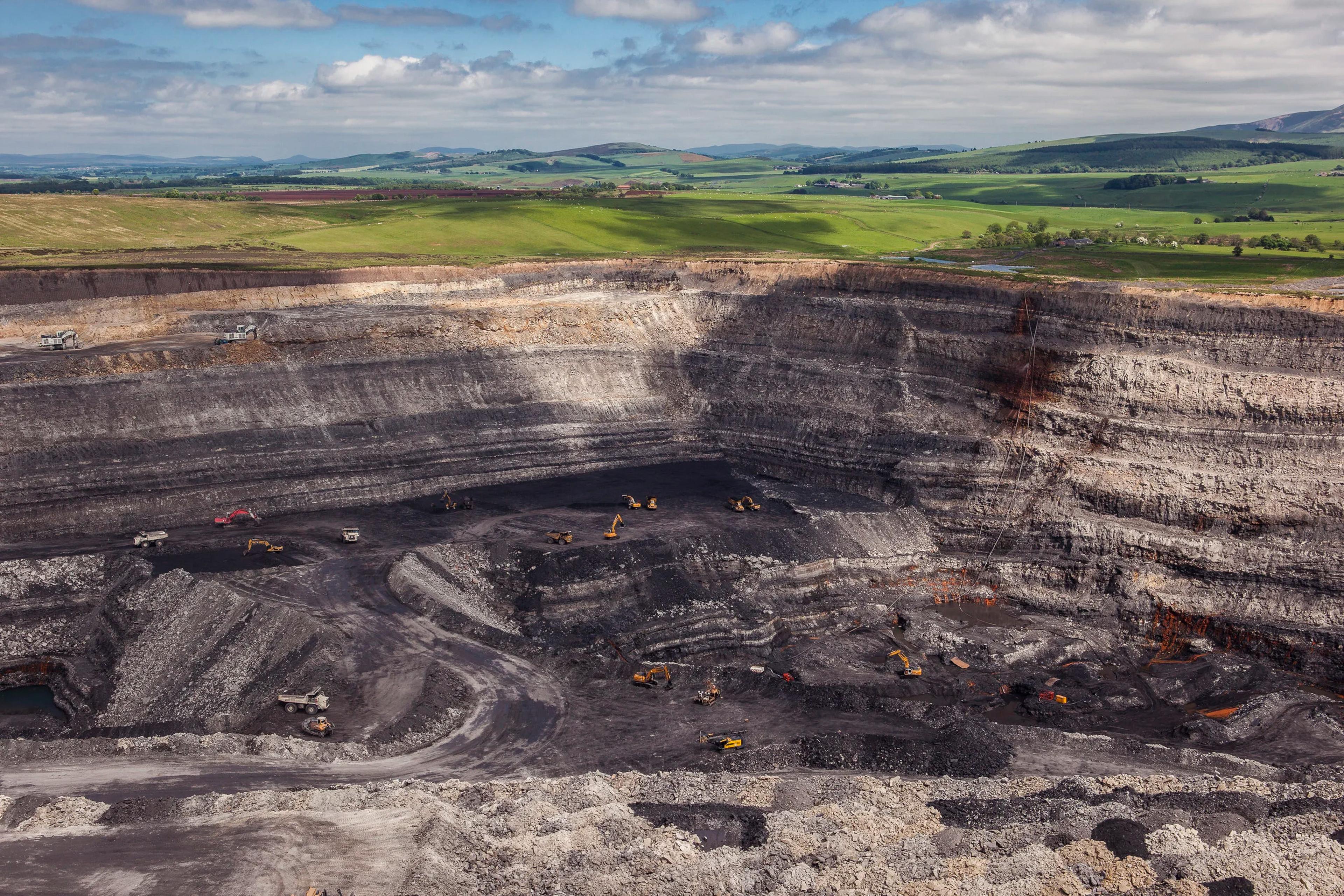
essayEnvironmental history
Are you Confusedocene?
As a scientific concept the Anthropocene is dead. But it’s such a helpful idea to think with, should we use it anyway?
Ville Lähde

videoEnvironmental history
In Kazakhstan, ‘atomic lakes’ still scar the landscape decades after Soviet nuclear tests
13 minutes

videoAnimals and humans
Are zoos and natural history museums born of a desire to understand, or to control?
57 minutes

videoArt
Watch as Japan’s surplus trees are transformed into forest-tinted crayons
4 minutes

essayMusic
Folk music was never green
Don’t be swayed by the sound of environmental protest: these songs were first sung in the voice of the cutter, not the tree
Richard Smyth

videoDeep time
When algae met fungi – the hidden story of life’s most successful partnership
4 minutes
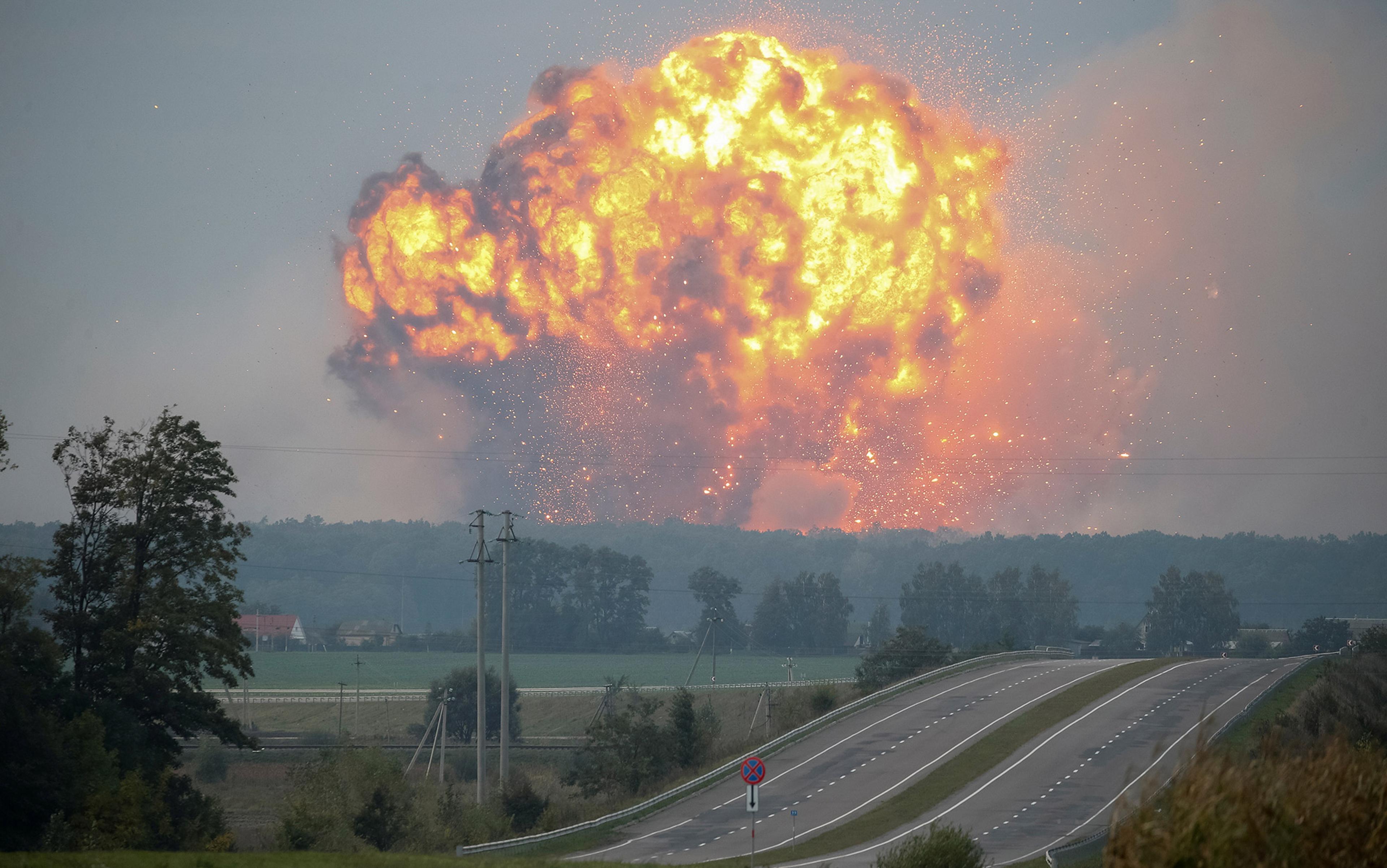
essayGlobal history
The polycrisis
Is this the word we need to describe unprecedented convergences between ecological, political and economic strife?
Ville Lähde
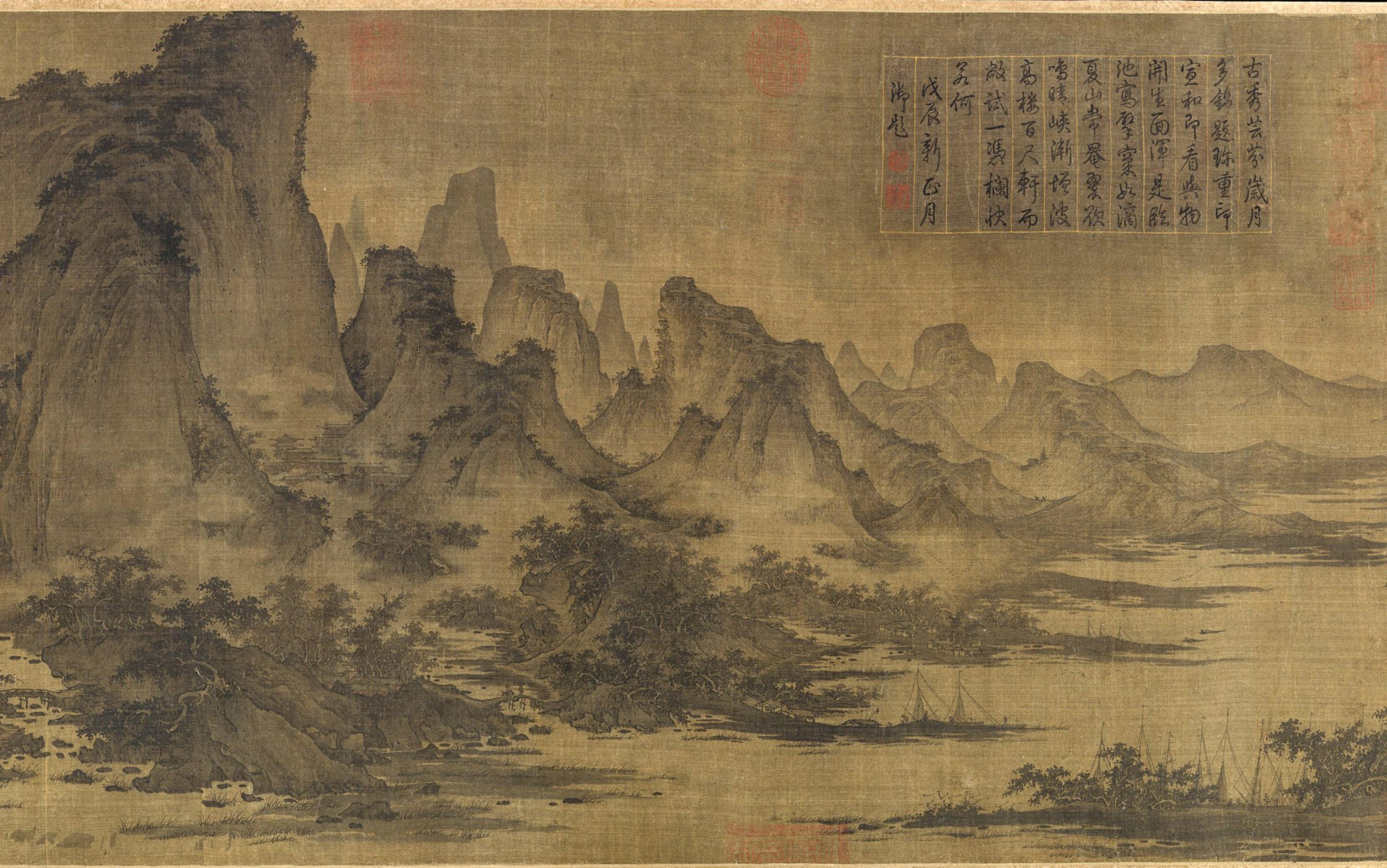
essayEnvironmental history
Masts like a forest
How the trees of China – fir, camphor, ironwood and nanmu – were used to build an empire that lasted for centuries
Ian M Miller
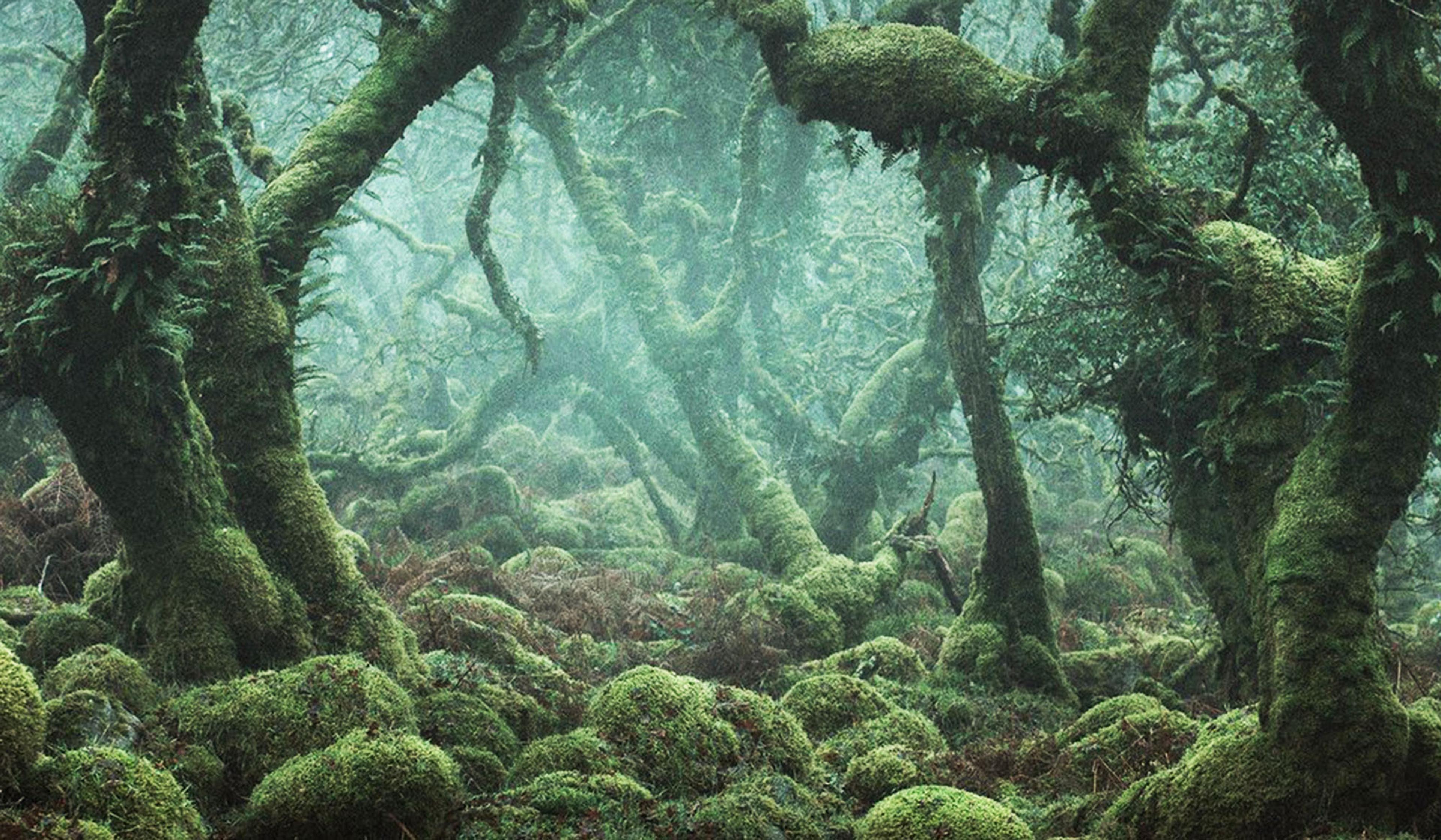
videoEcology and environmental sciences
In an ancient English rainforest, John creates charcoal and cultivates growth
12 minutes
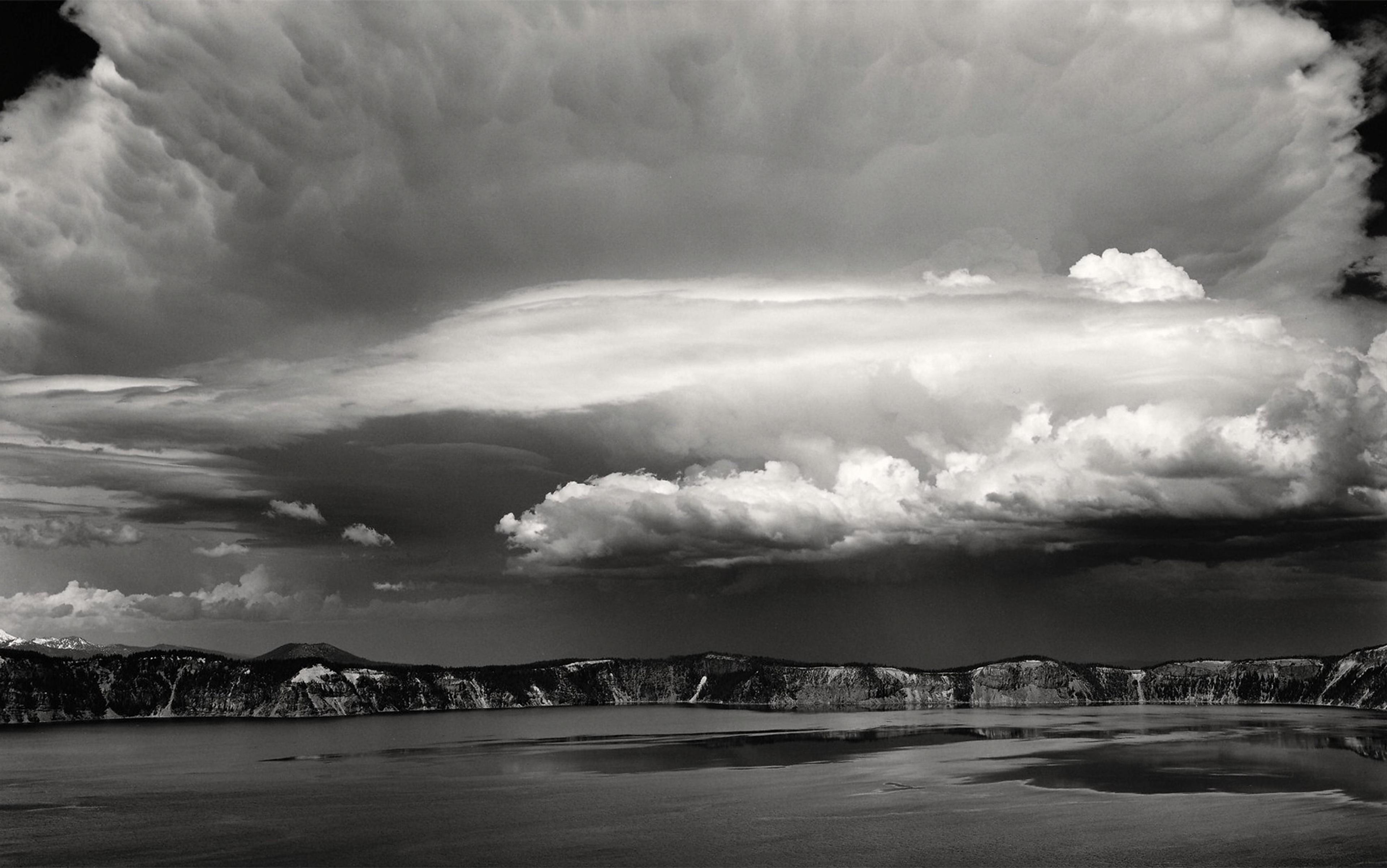
essayAnthropology
Memories within myth
The stories of oral societies, passed from generation to generation, are more than they seem. They are scientific records
Patrick Nunn
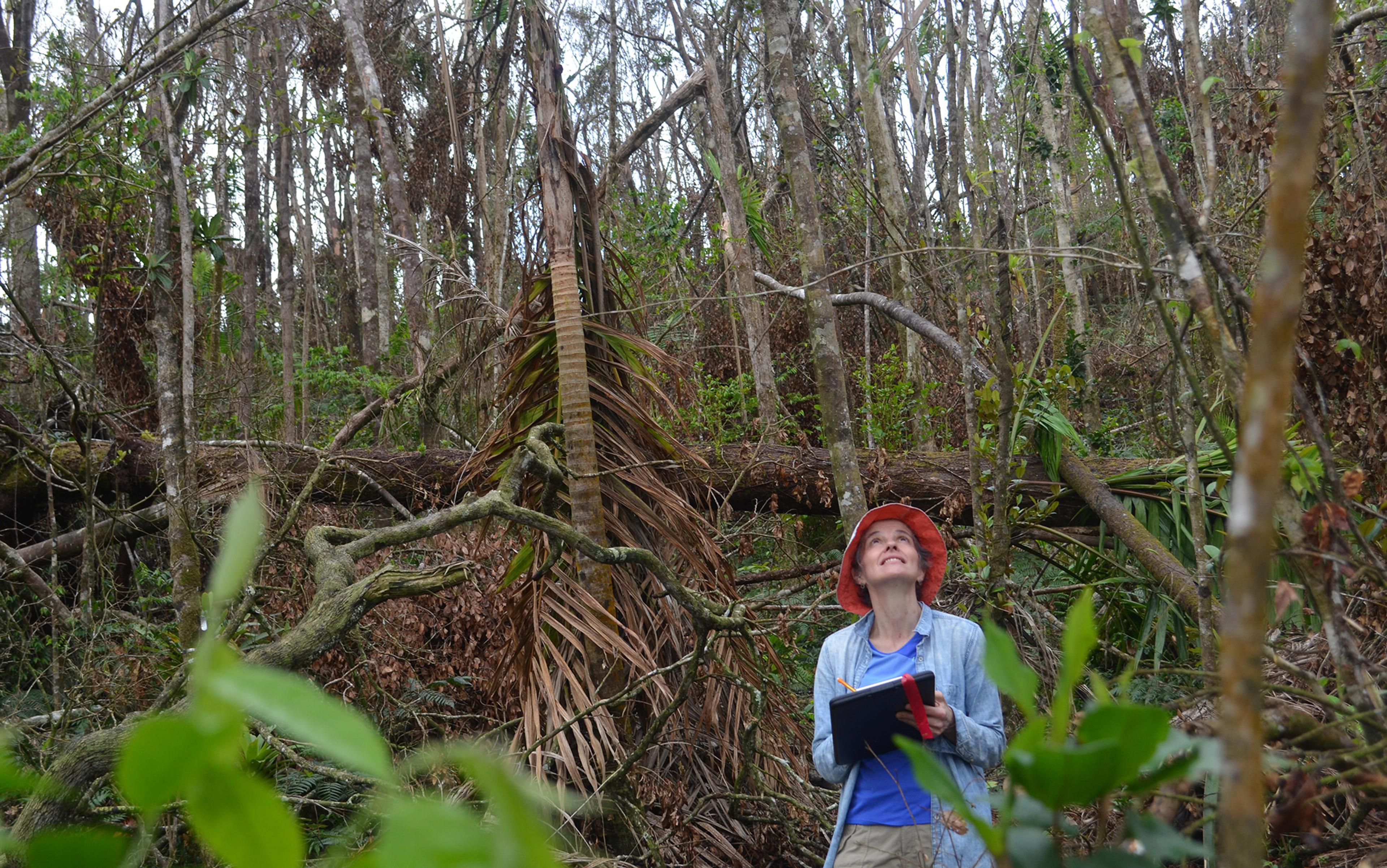
essayEnvironmental history
Disturbance
How atomic doomsday experiments, fuelled by Cold War fears, shaped then shook ecologists’ faith in self-healing nature
Laura J Martin
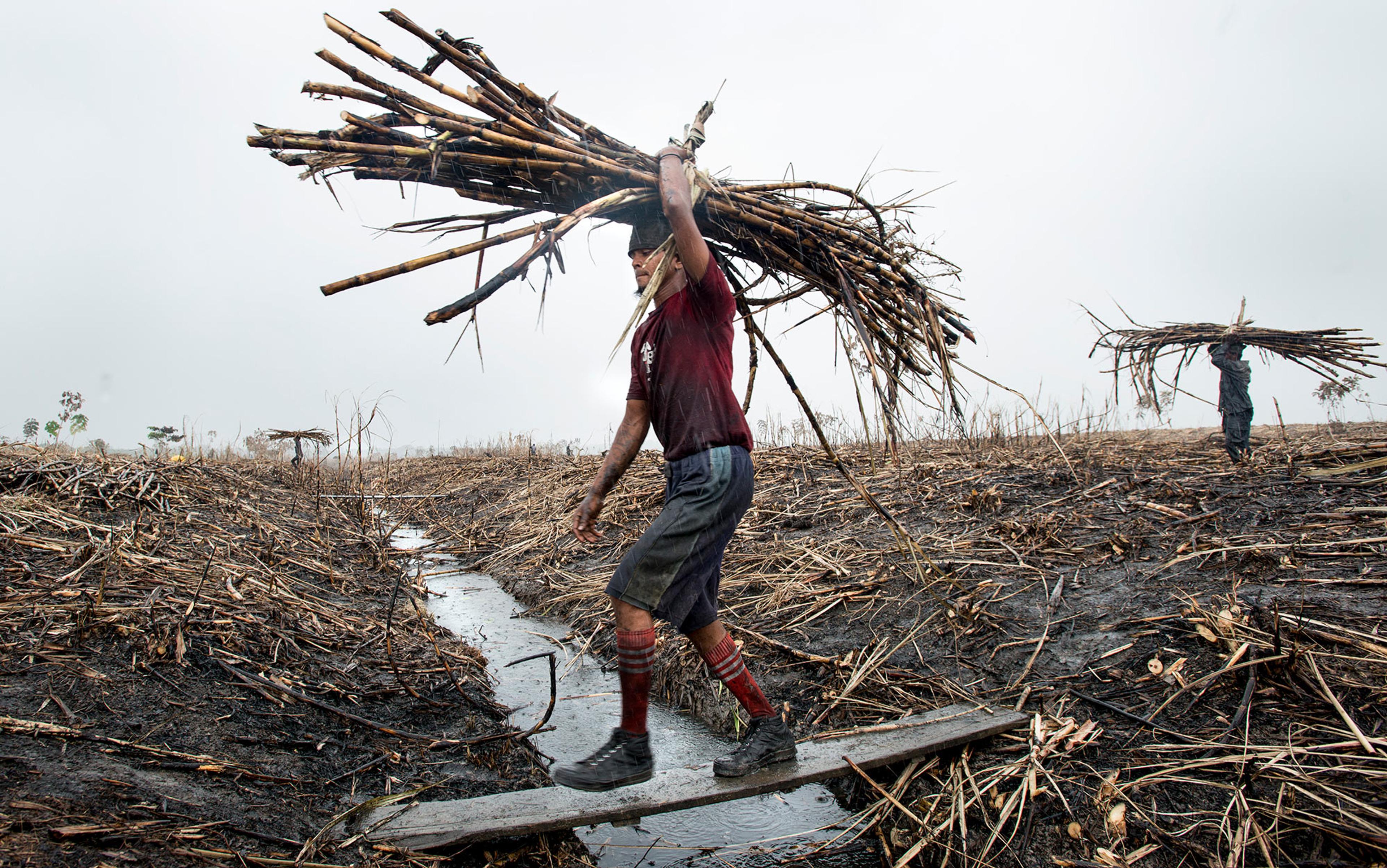
essayGlobal history
Ever more land and labour
Centuries of capitalism saw the global countryside ruthlessly converted into cheap commodities. But at what cost?
Sven Beckert & Ulbe Bosma
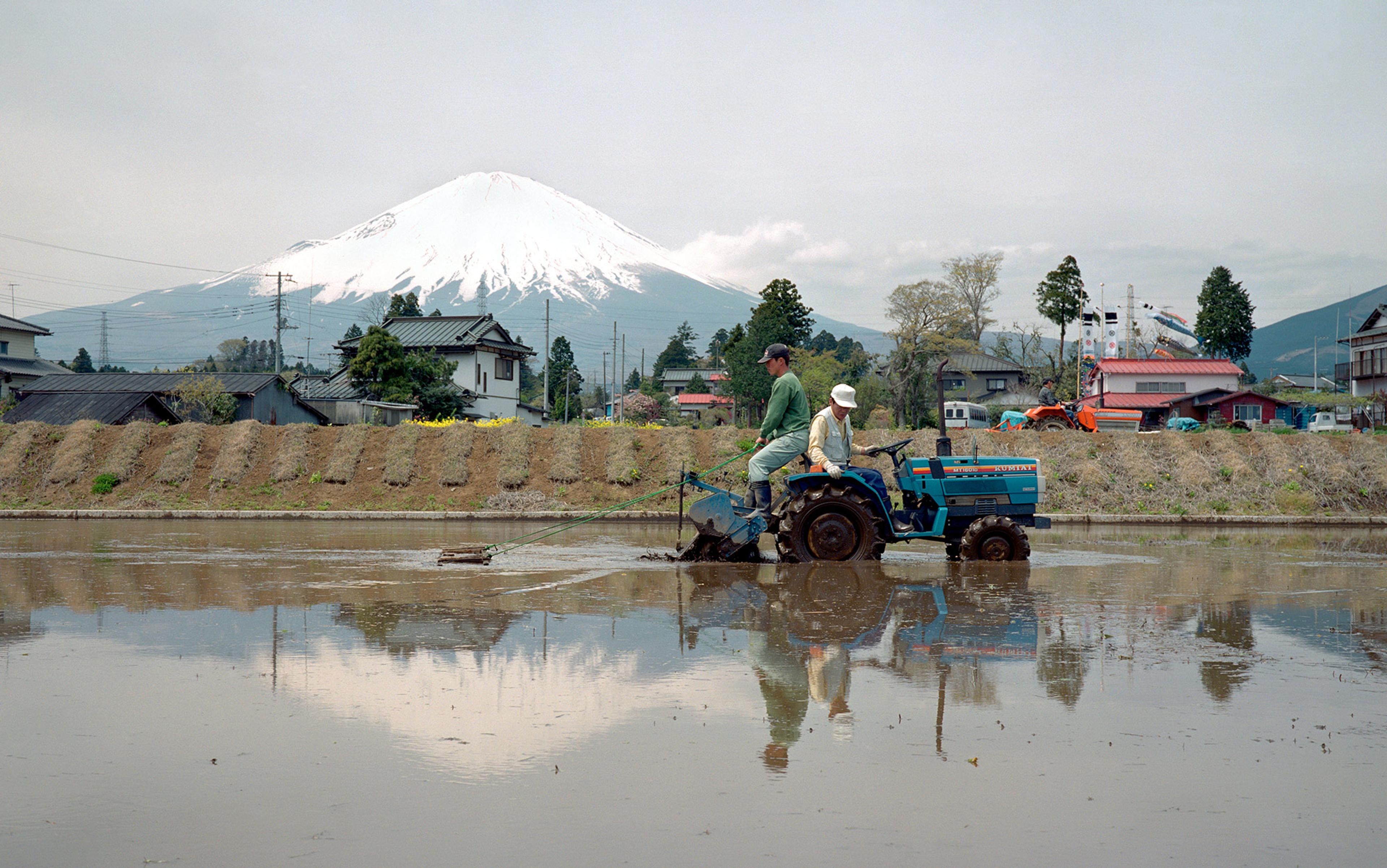
essayEnvironmental history
Dancing with water
As storms, droughts and floods become more intense, what can the world learn from Japan’s profoundly wet history?
Giulio Boccaletti
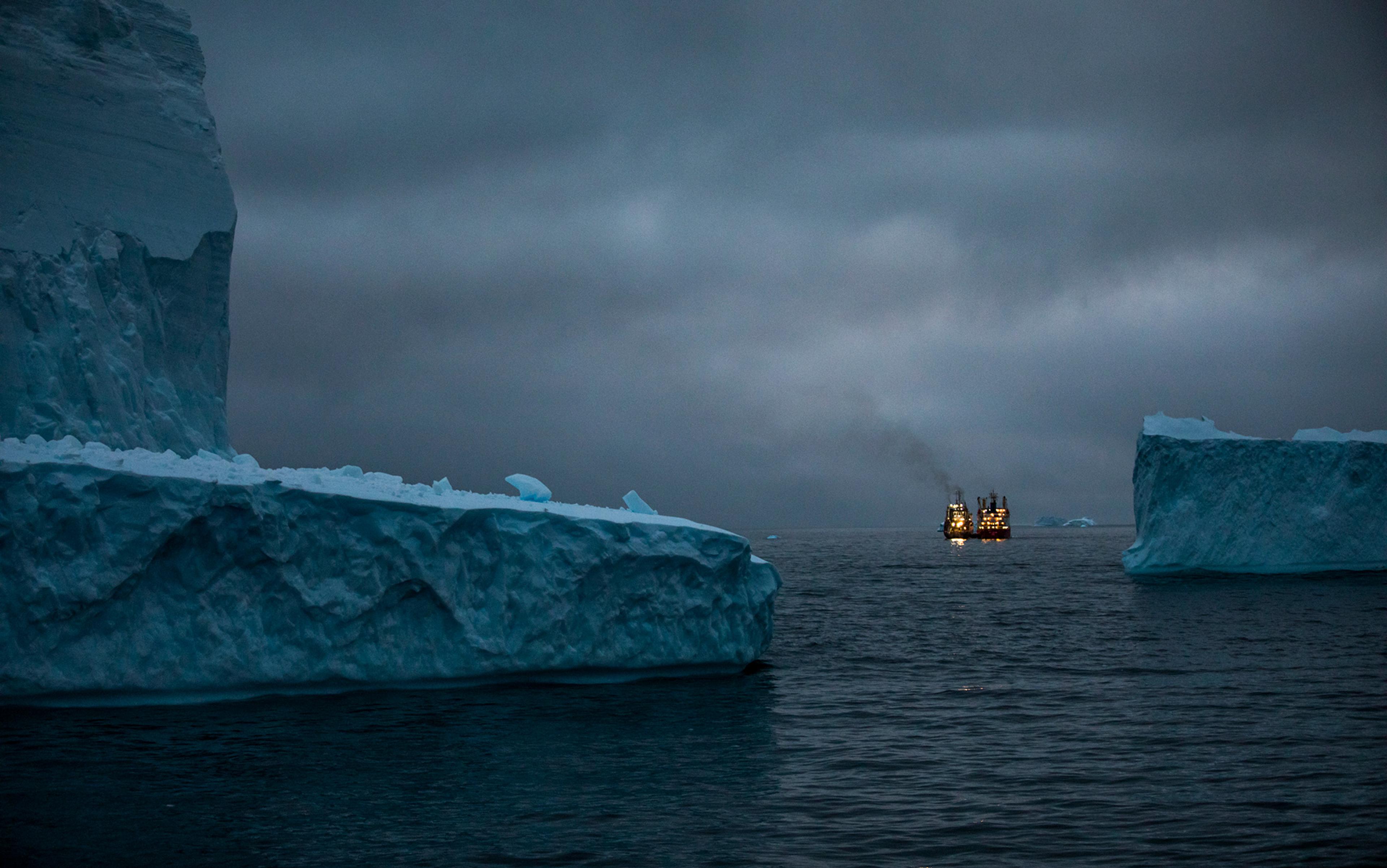
essayEarth science and climate
The Antarctic paradox
The most protected place on Earth has become one of the most threatened – and threatening. Can its problems be solved?
Alejandra Mancilla & Peder Roberts
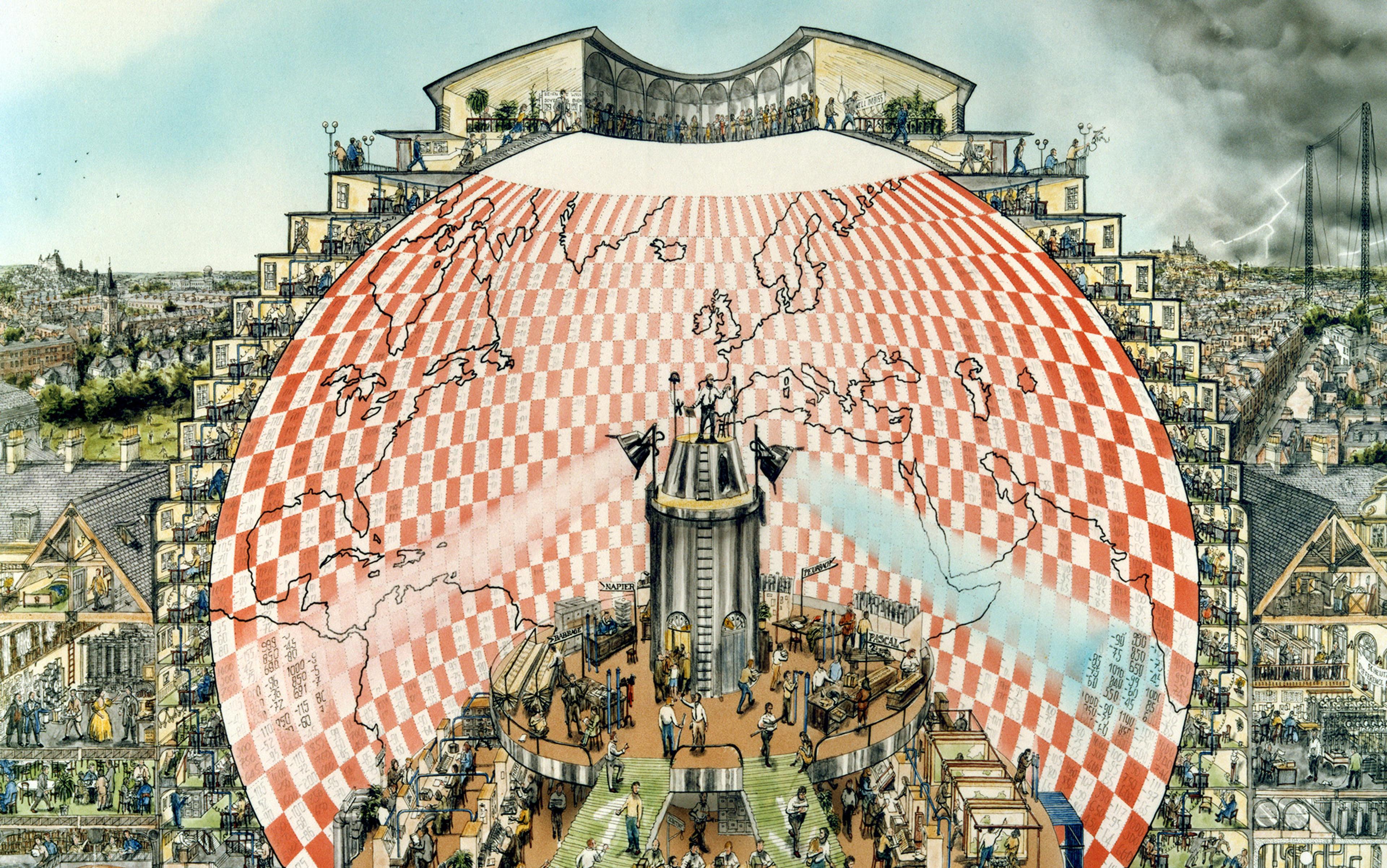
essayEarth science and climate
A new Earth rises
How did the planet replace the nation-state to become the prime political object of the 21st century?
Erik Isberg
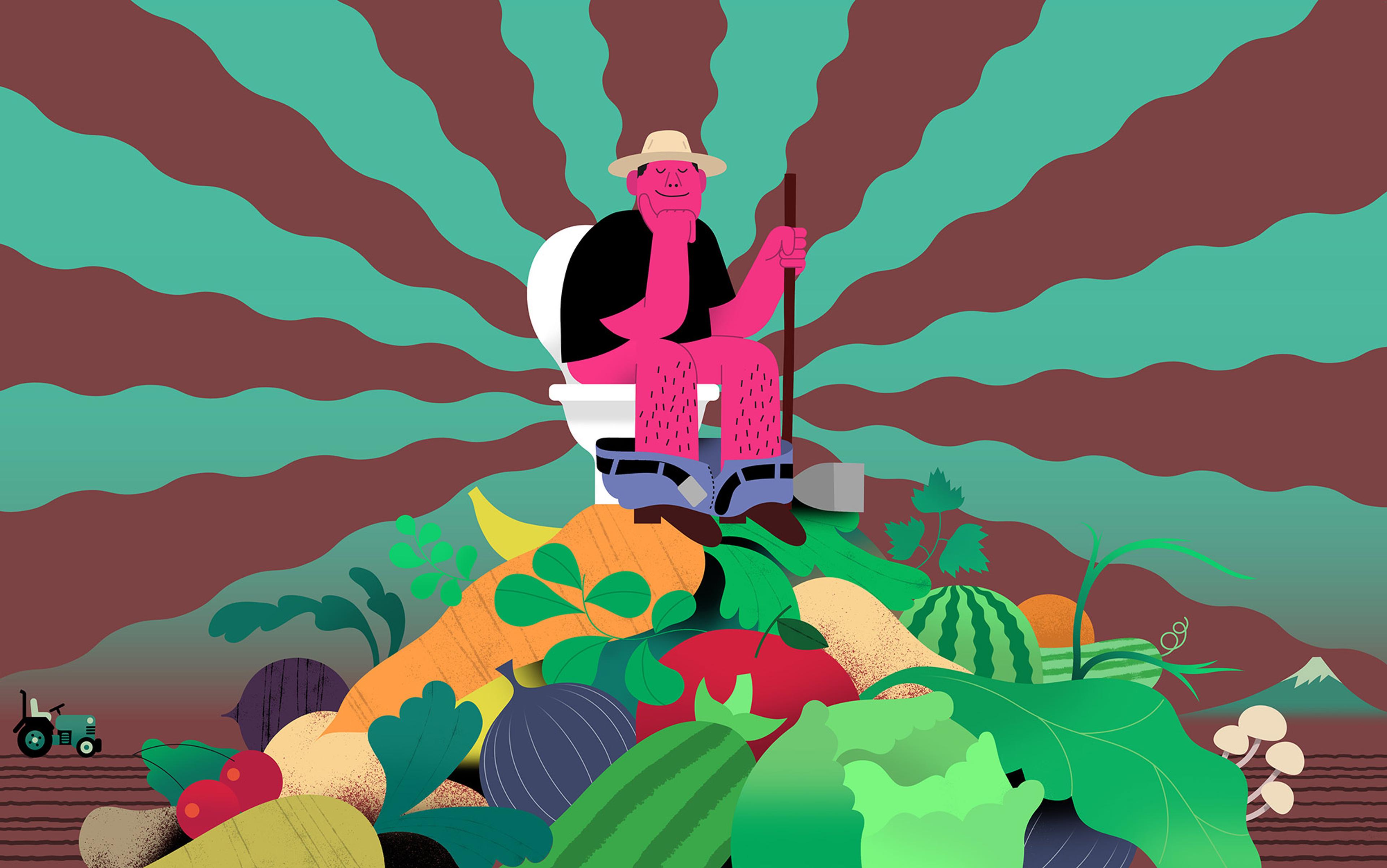
essayThe environment
The power of shit
Our excrement is a natural, renewable and sustainable resource – if only we can overcome our visceral disgust of it
Lina Zeldovich
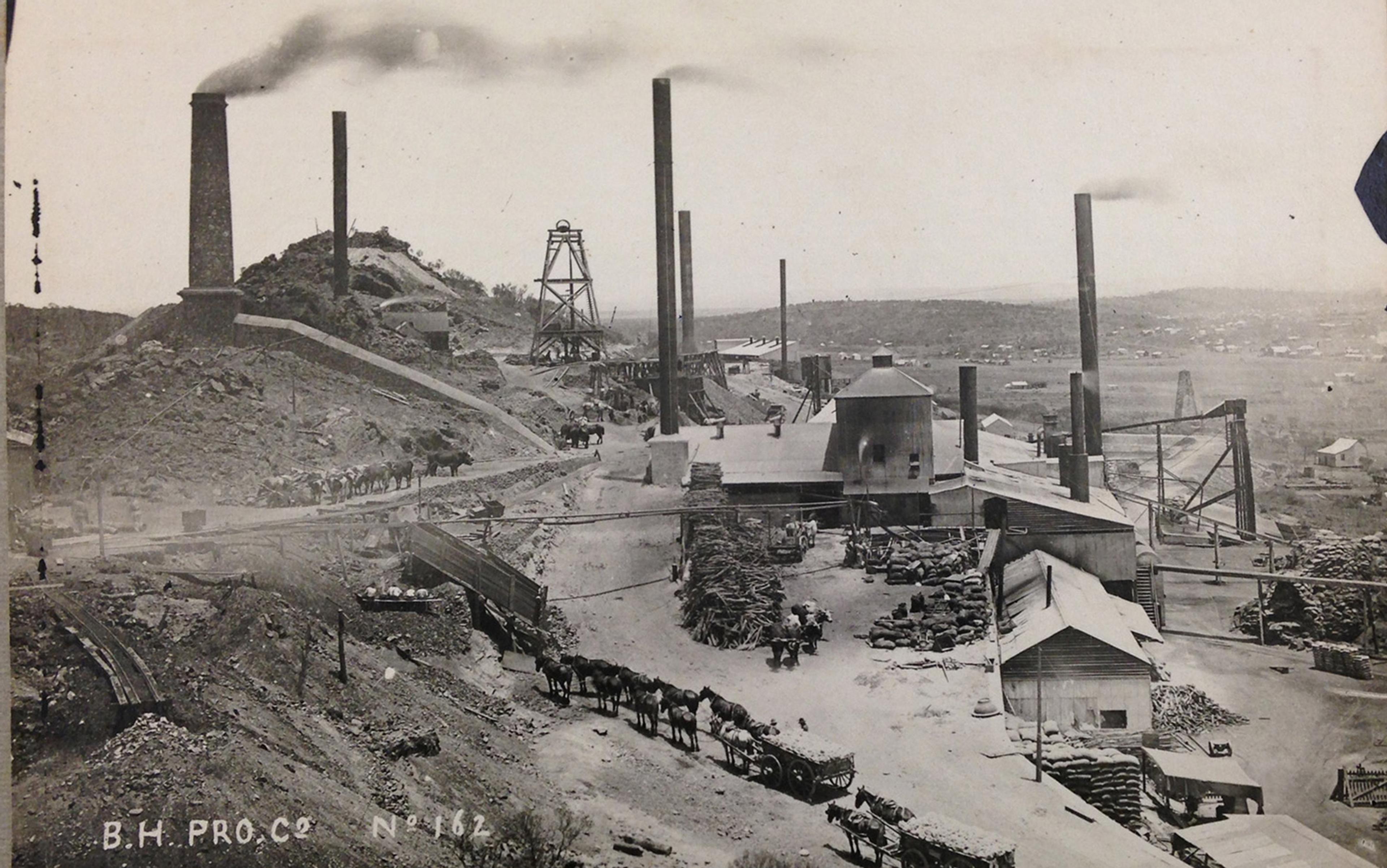
essayEnvironmental history
Contaminated kinship
If your hometown were beset with toxic dust, like Australia’s Broken Hill, would you feel any less connected to it?
Lilian Pearce
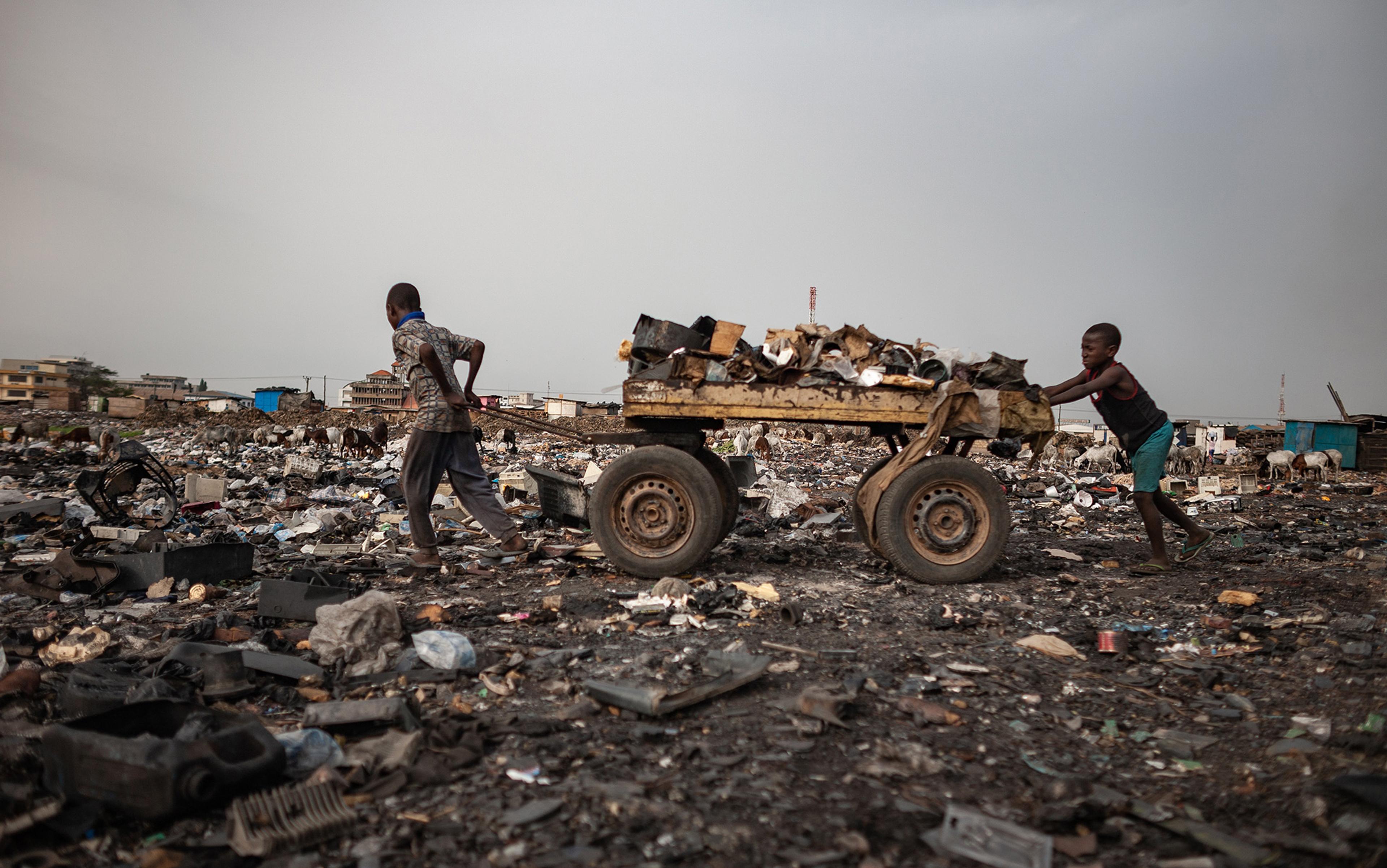
essayDesign and fashion
The Waste Age
Recognising that waste is central, not peripheral, to everything we design, make and do is key to transforming the future
Justin McGuirk
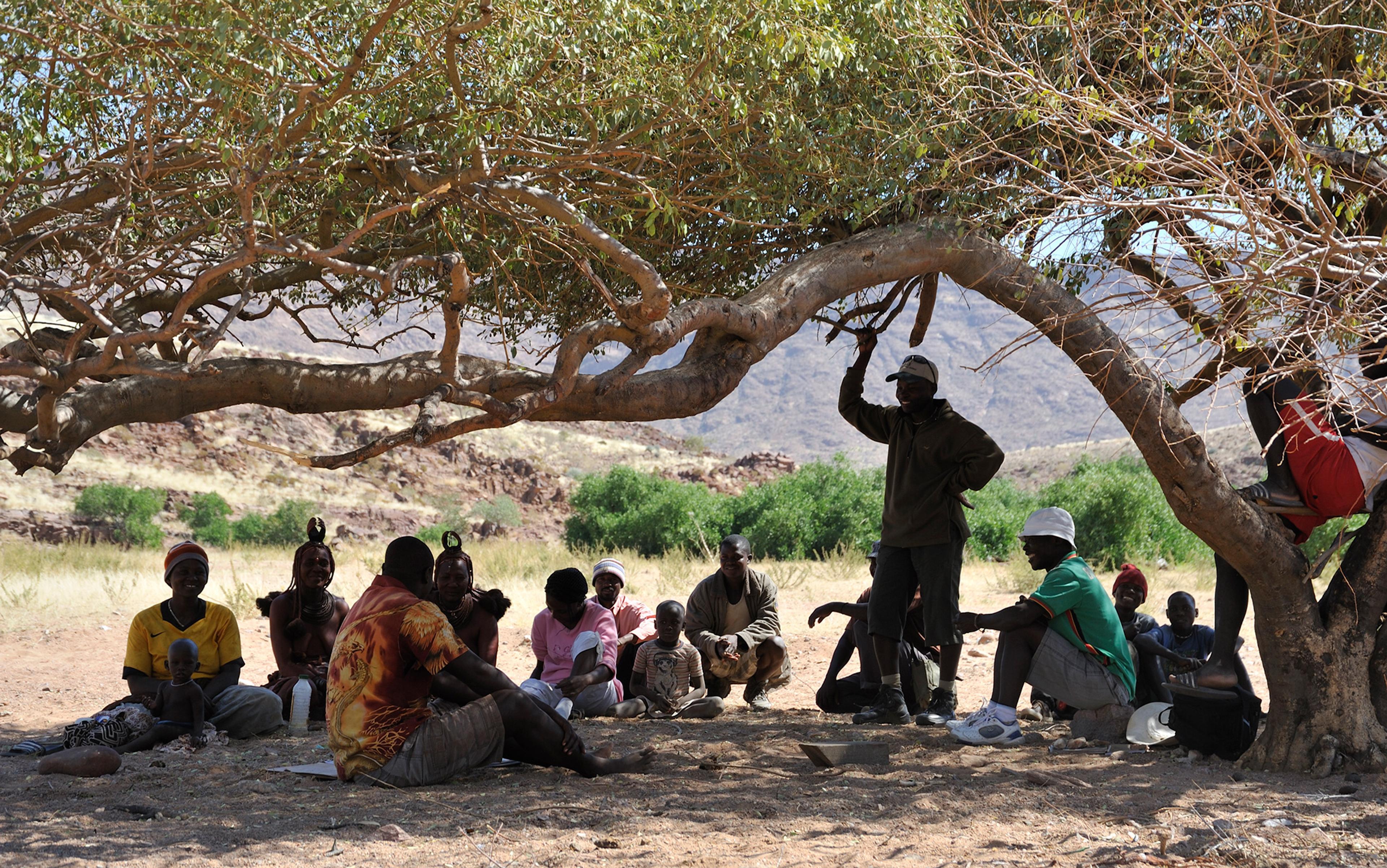
essayThe environment
The miracle of the commons
Far from being profoundly destructive, we humans have deep capacities for sharing resources with generosity and foresight
Michelle Nijhuis
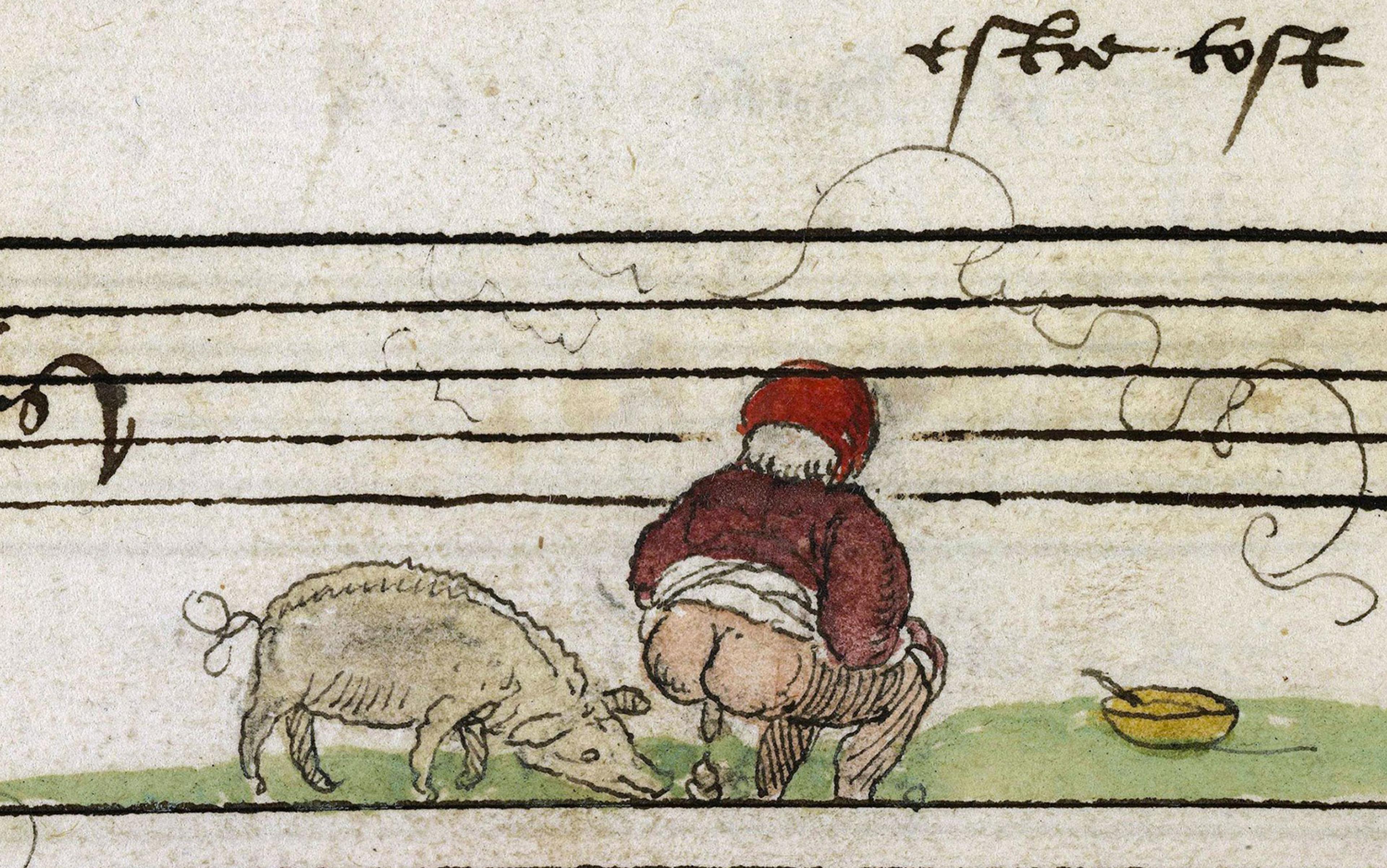
essayEnvironmental history
Human crap
We are demigods of discards – but our copious garbage became a toxic burden only with the modern cult of ‘disposability’
Gabrielle Hecht
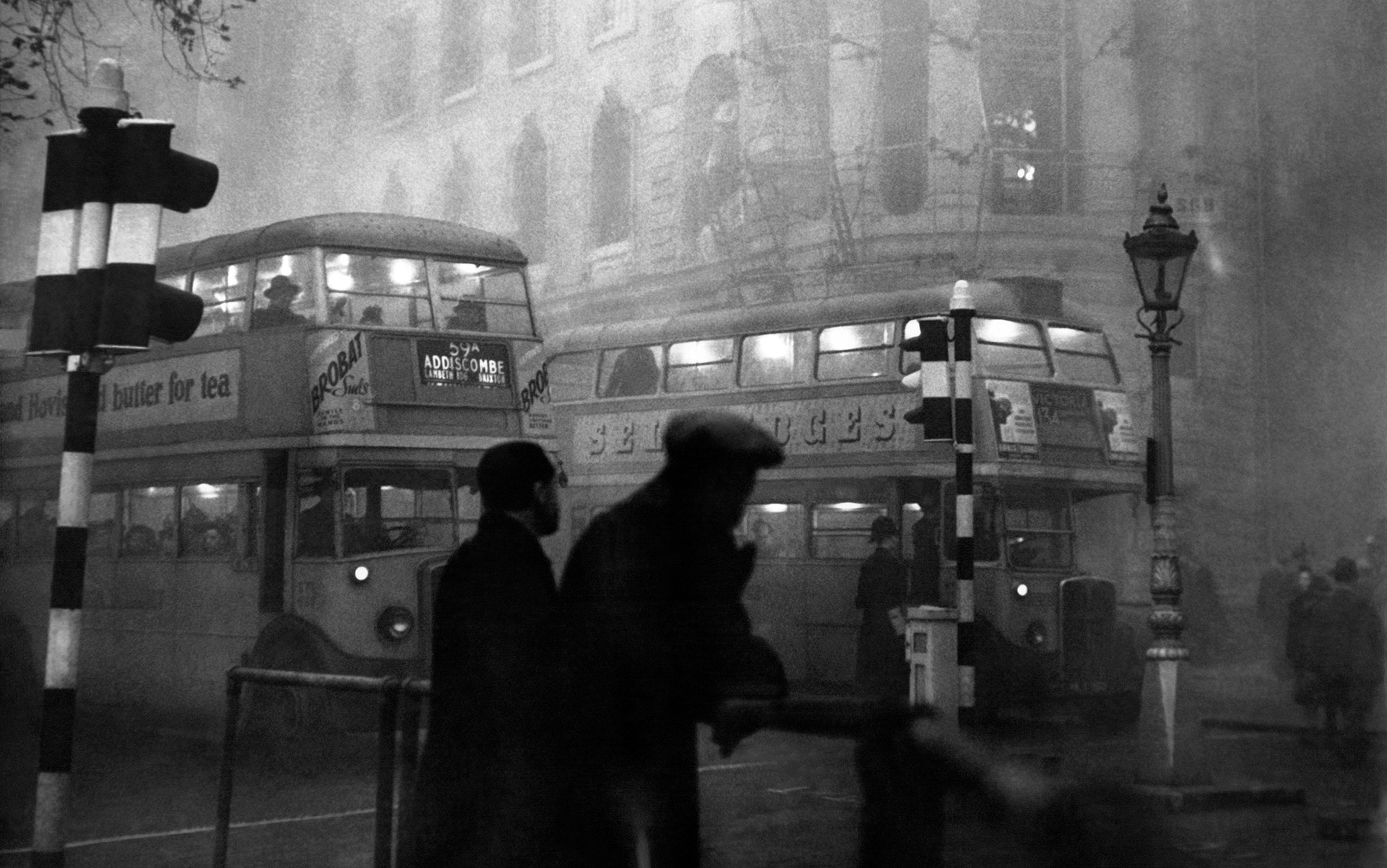
essayThe environment
Slow hope
Climate change is an emergency but despair is not the answer. The world is full of untold stories of people-powered change
Christof Mauch

essayDeep time
The planet is burning
Wild, feral and fossil-fuelled, fire lights up the globe. Is it time to declare that humans have created a Pyrocene?
Stephen J Pyne
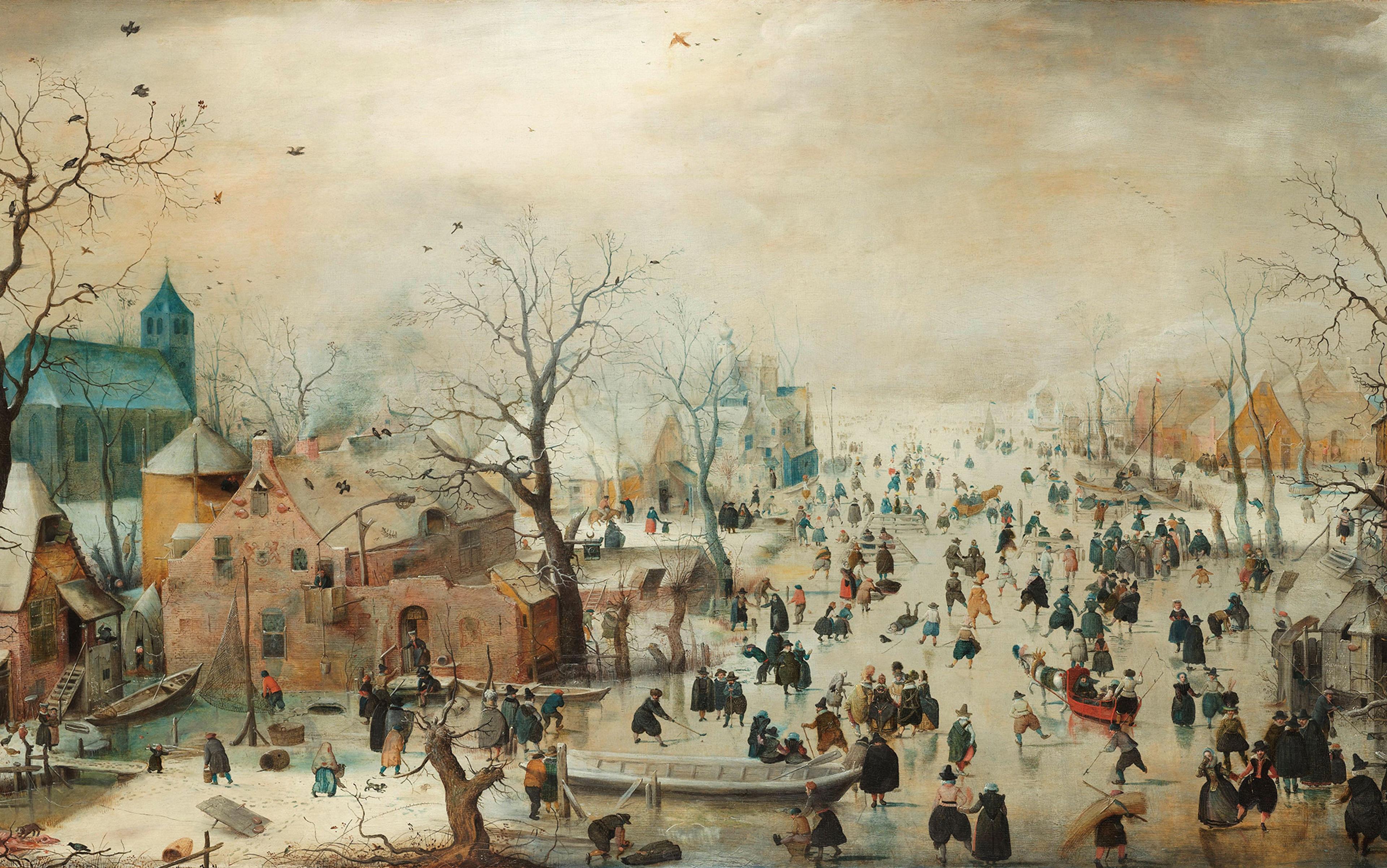
essayEnvironmental history
Little Ice Age lessons
The world’s last climate crisis demonstrates that surviving is possible if bold economic and social change is embraced
Dagomar Degroot
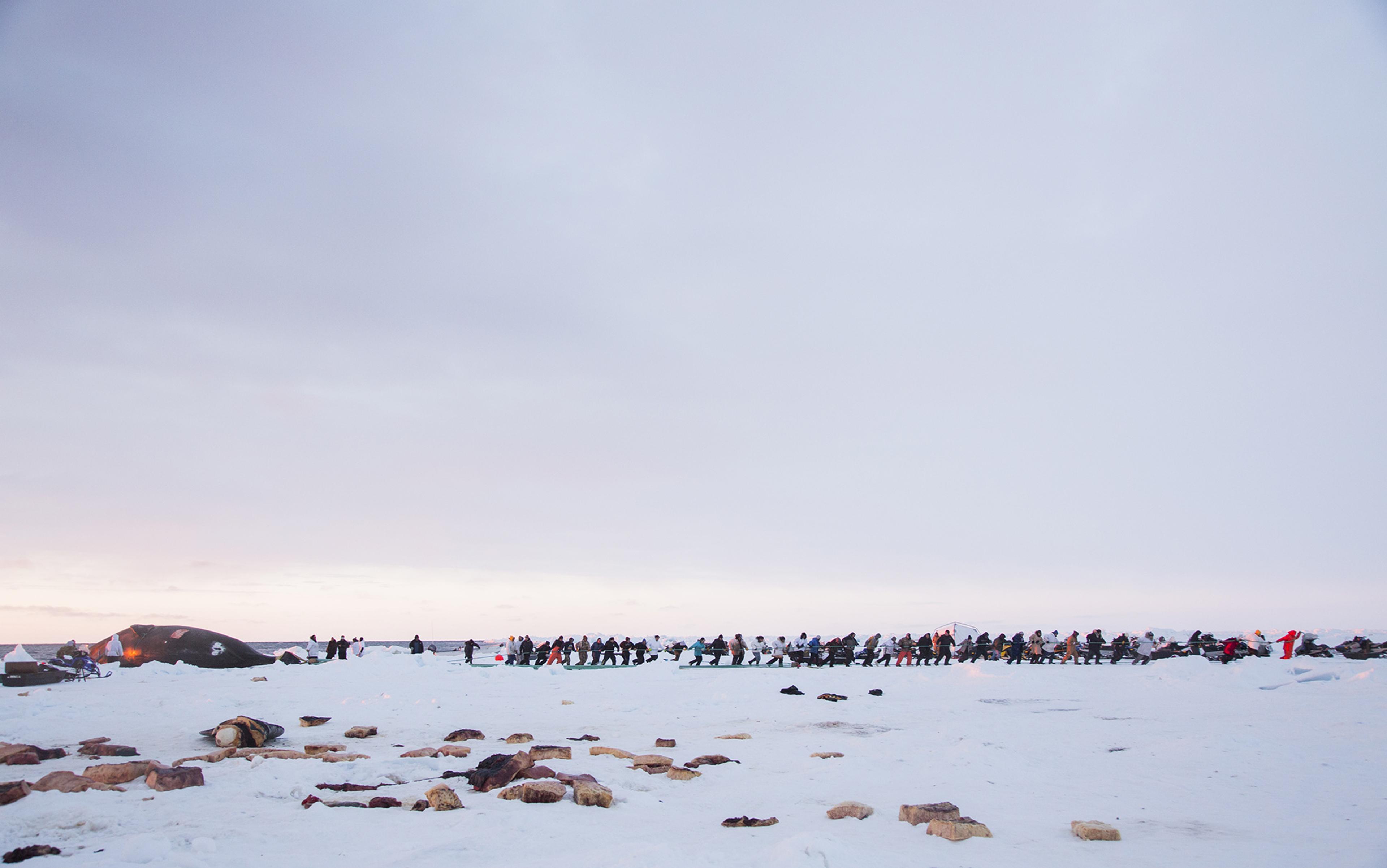
essayAnimals and humans
Turn and live with animals
The slaughterhouse ethic of Soviet and American whalers tells us we must look beyond communism and capitalism to survive
Bathsheba Demuth